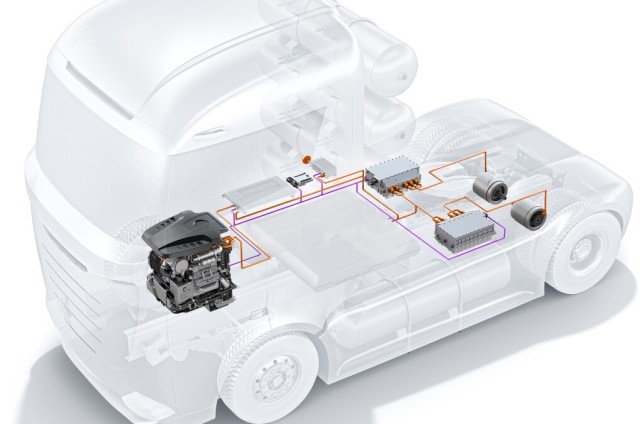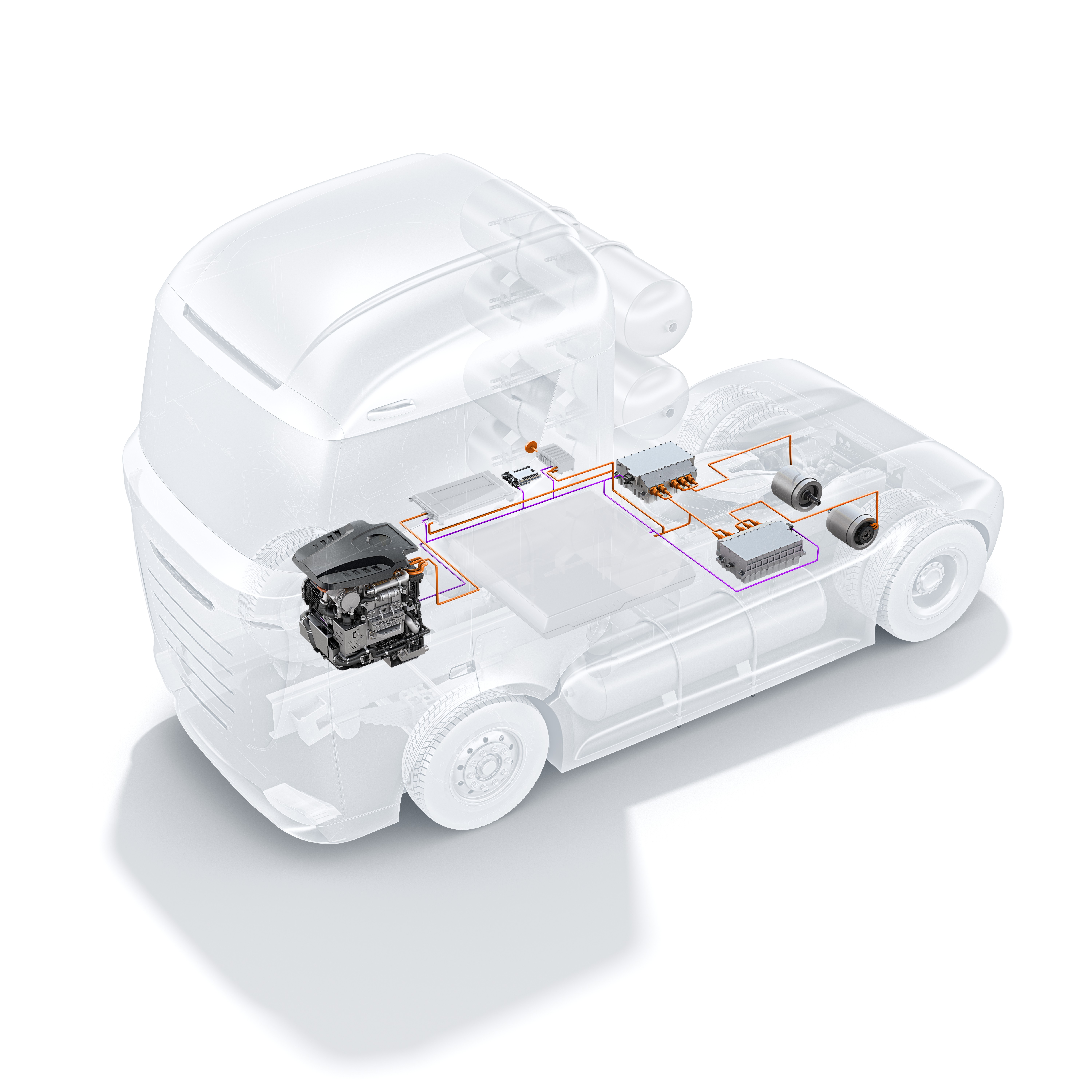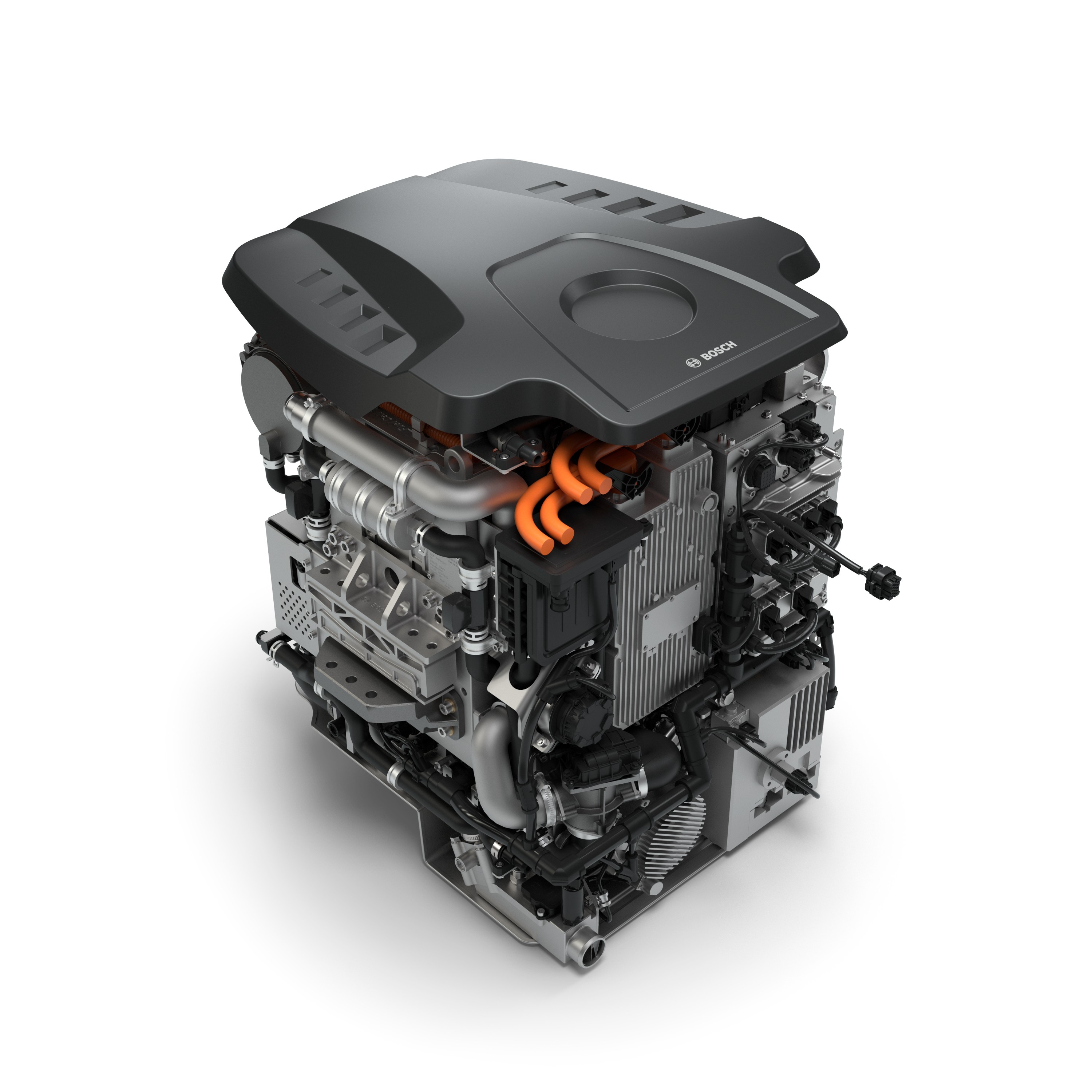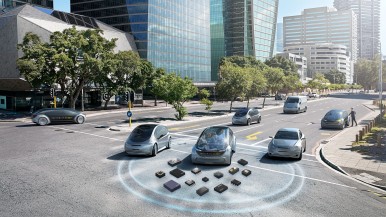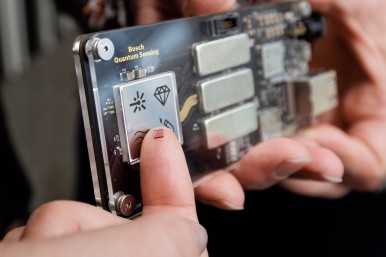Stuttgart/Chongqing, China – Bosch is taking the next step to help fuel cells as emission-free drive solutions achieve a global breakthrough. Together with the premium commercial vehicle manufacturer Qingling Motors, the company has now established a joint venture in China, named Bosch Hydrogen Powertrain Systems (Chongqing) Co. Ltd. The new company will develop, assemble and market fuel cell systems – so-called Fuel Cell Power Modules – for the Chinese market. The goal is to pool the technology and market expertise of both partners and contribute to the development of the Chinese fuel cell market and the transformation of the automotive industry there. According to the Energy Saving and New Energy Vehicle Technology Roadmap 2.0 by the China Society of Automotive Engineers (China-SAE), more than one million vehicles with fuel cell drive systems could be registered in China by 2030. The joint venture aims to provide all Chinese vehicle manufacturers with fuel cell systems. The components required for this, such as the fuel cell stack, air compressor with power electronics, and control unit with sensors, come from Bosch, mainly from the plant in Wuxi. Small-scale production will start there this year. Also in 2021, a test fleet of 70 Qingling trucks equipped with Bosch's Fuel Cell Power Module will hit the road. The market launch of the fuel cell system is planned for 2022/2023.
Mobility is the largest Bosch Group business sector. According to preliminary figures, it generated sales of 55.9 billion euros in 2024, and thus contributed around 62 percent of total sales. This makes the Bosch Group one of the leading mobility suppliers. Bosch Mobility pursues a vision of mobility that is safe, sustainable, and exciting. For its customers, the outcome is integrated mobility solutions. The business sector’s main areas of activity are electrification, software and services, semiconductors and sensors, vehicle computers, advanced driver assistance systems, systems for vehicle dynamics control, repair-shop concepts, as well as technology and services for the automotive aftermarket. Bosch is synonymous with important automotive innovations, such as electronic engine management, the ESP anti-skid system, and common-rail diesel technology.
The Bosch Group is a leading global supplier of technology and services. It employs roughly 417,900 associates worldwide (as of December 31, 2024). According to preliminary figures, the company generated sales of 90.5 billion euros in 2024. Its operations are divided into four business sectors: Mobility, Industrial Technology, Consumer Goods, and Energy and Building Technology. With its business activities, the company aims to use technology to help shape universal trends such as automation, electrification, digitalization, connectivity, and an orientation to sustainability. In this context, Bosch’s broad diversification across regions and industries strengthens its innovativeness and robustness. Bosch uses its proven expertise in sensor technology, software, and services to offer customers cross-domain solutions from a single source. It also applies its expertise in connectivity and artificial intelligence in order to develop and manufacture user-friendly, sustainable products. With technology that is “Invented for life,” Bosch wants to help improve quality of life and conserve natural resources. The Bosch Group comprises Robert Bosch GmbH and its roughly 470 subsidiary and regional companies in over 60 countries. Including sales and service partners, Bosch’s global manufacturing, engineering, and sales network covers nearly every country in the world. Bosch’s innovative strength is key to the company’s further development. At 136 locations across the globe, Bosch employs some 86,900 associates in research and development, of which nearly 48,000 are software engineers.
Additional information is available online at www.bosch.com, www.iot.bosch.com, www.bosch-press.com.

